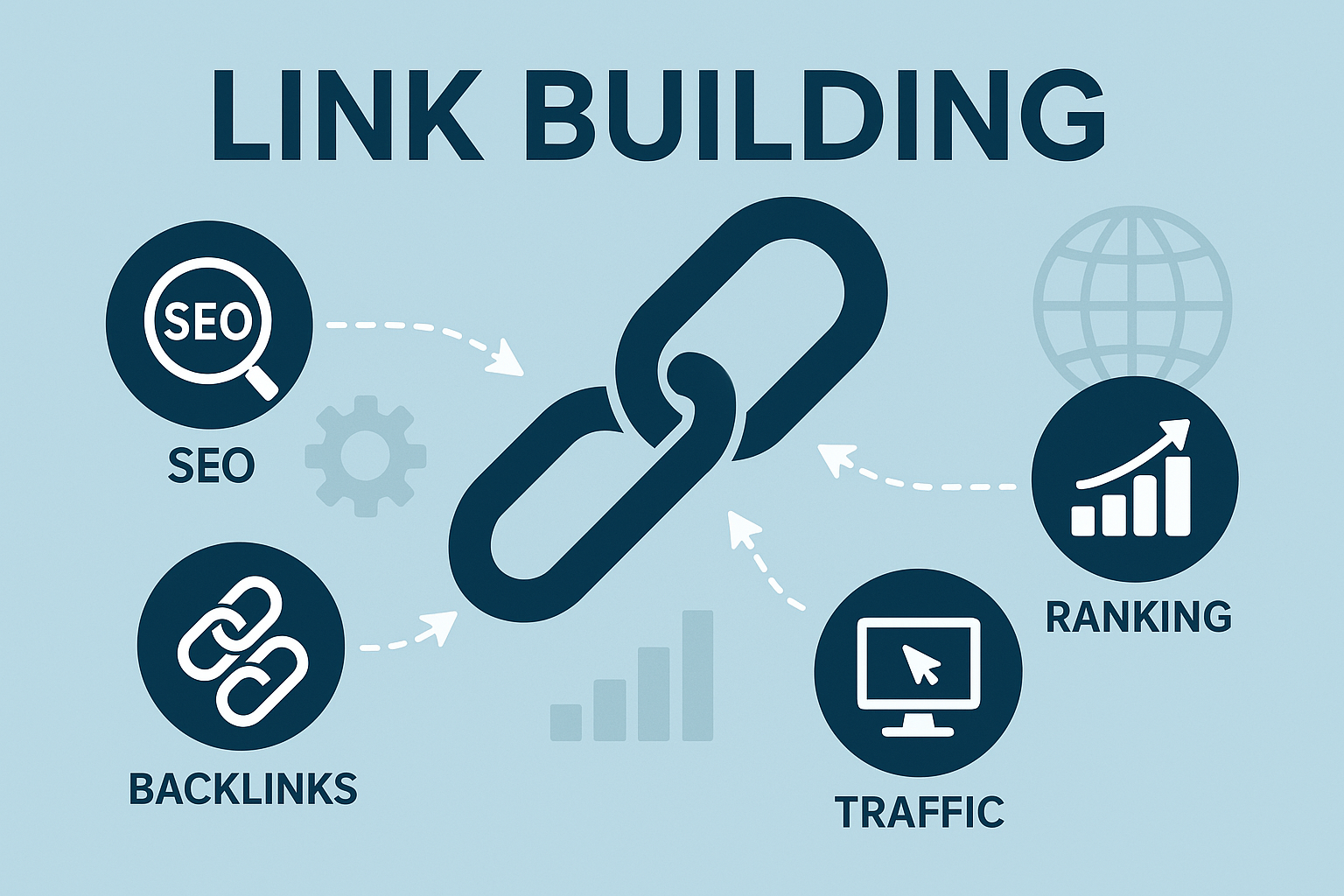Link Building and Its Impact on SEO 🔗📈
Technology
Aditya Pandey

Link building is one of the most important aspects of search engine optimization (SEO). It involves acquiring hyperlinks from other websites to your own. These links help search engines crawl the web and determine how trustworthy, relevant, and authoritative your site is. In this article, we'll dive deep into what link building is, why it matters, and how it affects your SEO performance. 🧠
What Is Link Building? 🤔
Link building refers to the process of getting other websites to link back to your website. These hyperlinks, commonly known as "backlinks," serve as votes of confidence from other websites. The more quality backlinks you have, the more likely your website is to rank higher on search engines like Google. 🚀
Types of Links 🔍
- Internal Links: Links that go from one page on your website to another. Great for navigation and spreading link equity.
- External Links: Links from your website to other sites. Helps build relationships and credibility.
- Backlinks: Links from other websites to your website. These are the most valuable for SEO. ✅
Why Link Building Matters in SEO 💡
Google uses backlinks as a major ranking factor. If many reputable sites link to your content, search engines assume your site is trustworthy and relevant. This results in better rankings, more traffic, and increased authority. 💼
Benefits of Link Building:
- 📈 Higher search engine rankings
- 🌐 Increased website traffic
